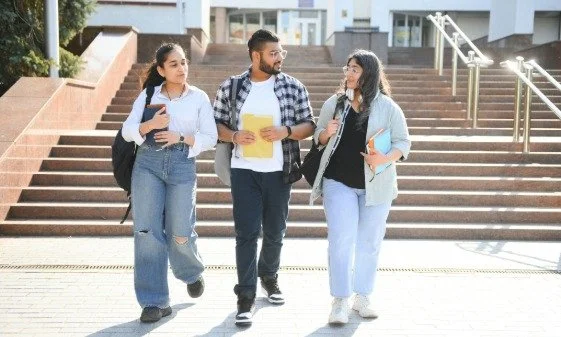
University in Delhi Expels Bangladeshi Scholar, Harming India’s Academic Culture
South Asian University in New Delhi expelled a Bangladeshi Ph.D. scholar, Sudeepto Das, following an incident involving food restrictions on the Mahashivratri festival. The university’s decision involves far-reaching institutional failure and indicates a shift that will harm India’s academic and civic culture.
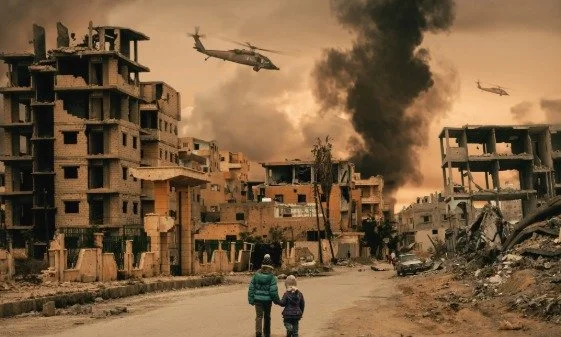
UN Issues Fresh Warning of Widespread Starvation in Gaza
Amid renewed Israeli military operations in Gaza City on Aug. 29, UN aid agencies repeated their warning that the territory is heading toward large-scale famine. A top UN humanitarian official said at least half a million people are already facing the worst levels of food insecurity, and 160,000 more could soon fall into the same category, as hunger and disease rise across the devastated enclave.
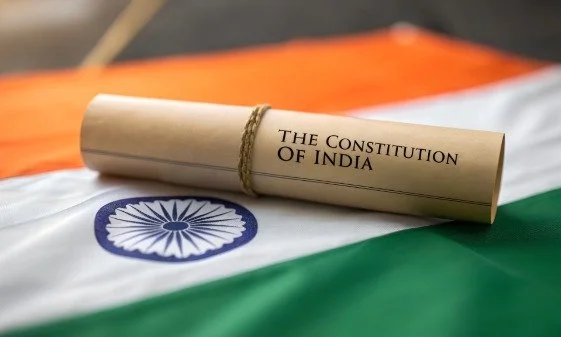
Vice Presidential Contest is About Constitutional Values, Not Ex-Judges’ Opinions
The opposition’s Vice Presidential nominee, Justice B. Sudershan Reddy, has been accused of supporting Naxalism, or Maoism, for delivering a 2011 Supreme Court verdict that declared Chhattisgarh’s Salwa Judum militia unconstitutional. The charge has led to a public exchange between retired judges, but the real question is whether that ruling and the standards for selecting a Vice President align with constitutional principles and democratic theory.
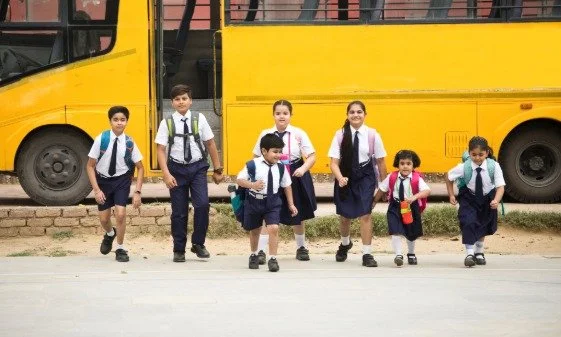
Government’s Own Data Indicates Deep Faults in School Education Policy
The results of the central government’s education survey show that families continue to carry most of the financial burden of school education, with low government support despite high enrolment in public schools. The data also reveals stark differences in the quality of education and resources available to children, depending on their location, gender and type of school.
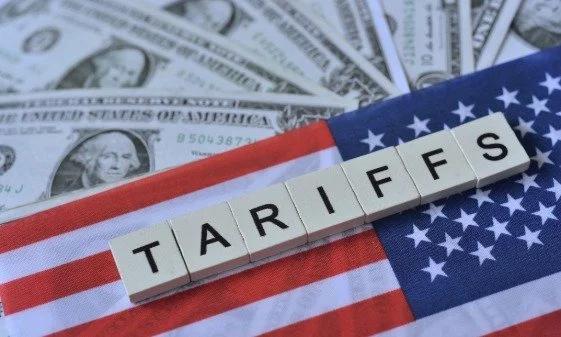
What’s at Risk Now That US Is Imposing 50% Tariffs on Indian Exports
The United States is going ahead with tariffs of up to 50 percent on Indian exports after trade talks between the two countries broke down. This is expected to increase economic pressure on India due to its oil trade with Russia, and could lower export earnings, hurt export industries and slow overall economic growth.
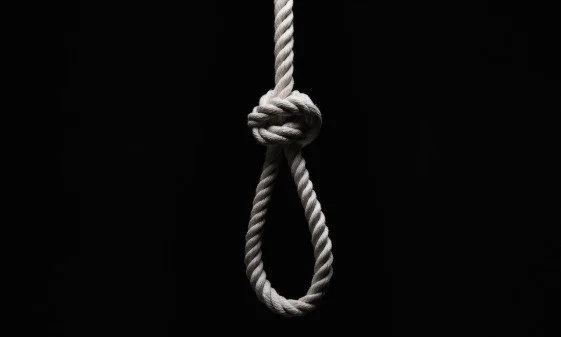
Supreme Court Order Shows No Verdict Carrying Death Sentence Can Be Final
The Supreme Court has ordered a fresh hearing on the punishment imposed on a man convicted for the rape and murder of a four-year-old girl, setting aside its 2017 judgment that upheld the death penalty. It sets a much-needed precedent where the top court will be willing to review irreversible penalties in light of evolving legal safeguards and human rights obligations.

Arrest of Dharmasthala Complainant Indicates Legal Overreach
The arrest of C.N. Chinnaiah, a former sanitation worker who alleged multiple murders, rapes and secret burials over two decades in and around the Dharmasthala temple area in Karnataka, appears legally premature. It raises serious concerns about the use of criminal charges against a complainant during an incomplete investigation, and about the conduct of the police and investigative authorities in cases involving powerful religious institutions.

ECI Must Focus on Spirit of Its Mandate; SIR in Bihar Suggests Otherwise
The Supreme Court has directed that voters excluded by the Election Commission of India (ECI) from Bihar’s draft electoral roll under a special revision exercise must be allowed to file objections using Aadhaar or any of 11 recognised documents. The order indicates that the Commission failed to design the revision process in a way that protects universal suffrage, which is central to its constitutional role.

State and Centre Failed to Prevent Manipur Violence: Independent Tribunal
An independent inquiry into the ethnic violence that began in Manipur in May 2023, based on survivor testimonies and first-person accounts, finds consistent failures by state institutions, security forces and political leaders. The report holds both the state and central governments responsible for failing to uphold constitutional protections and deliver justice.

India’s Shift to Russia–China Axis Damages Its Democratic, Economic Interests
India is moving closer to Russia and China, stepping away from its partnerships with Western democracies. This new direction weakens its position in global trade, technology and democratic cooperation, pulling India toward authoritarian governments and brings economic punishment and fewer reliable international ties.
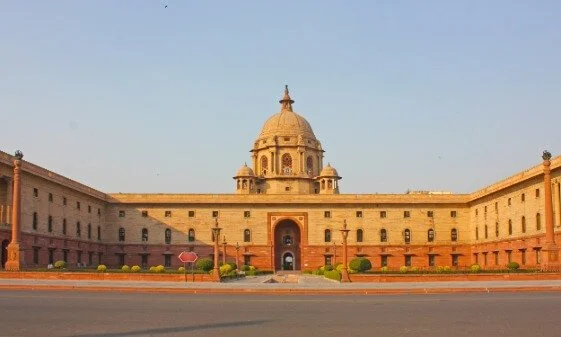
Three New Bills Seek to Allow Removal of PMs and CMs
Union home minister Amit Shah has tabled three bills in the Lok Sabha that empower the removal of the prime minister, chief ministers and other ministers if they remain in jail for 30 consecutive days on serious criminal charges. The move appears to be an attempt by the government to expand executive powers over elected offices, including in Jammu and Kashmir where statehood had been expected.

7 Psychological Tactics Politicians Use to Distract Us From Their Failures, Part 2
Political messaging affects what people believe, how they act and what they expect from their leaders. Some of the most common tactics used by politicians are meant to make people give up on asking questions, stop demanding better and accept poor performance without protest. In the first part of this series, we looked at four of the seven psychological tactics politicians use to shift public focus away from governance failures. This piece explains the remaining three.

7 Psychological Tactics Politicians Use to Distract Us From Their Failures, Part 1
Politicians rarely admit failure. They redirect attention, reduce criticism and protect their image instead. The methods they use draw on psychology, exploiting universal and predictable patterns in human thinking.

How Politicians Pull Four Mental Levers to Avoid Our Scrutiny
Politicians in India, as in many other countries, often rely on universal psychological tactics to divert public attention from their failures in governance, or from issues that could damage them politically or reduce their popularity. These tactics draw their strength from four mental levers deeply rooted in how the human mind responds to fear, identity, repetition and emotion.

What SC’s Order to Election Commission to Publish 6.5 Million Voter Deletions Means
The Supreme Court’s order directing the Election Commission of India (EC) to publish detailed lists of 6.5 million (65 lakh) deleted voters in Bihar shows that the EC resisted transparency until compelled by the Court. A body constitutionally mandated to conduct free and fair elections should not need judicial intervention to carry out tasks that fall squarely within its mandate, including the protection of the integrity of the franchise.

Independence Means Democracy That Respects Citizens’ Dignity
We mark every August 15 with flag hoisting ceremonies, parades and speeches to remember the day India ceased to be under British colonial rule in 1947. These rituals have value, but the greater focus should be on the intended culmination of independence, which is a system of government that safeguards the dignity and autonomy of those it serves. It must be understood that democracy is inseparable from independence.

Why India Could Learn Stray Dog Management from Armenia
When the Supreme Court of India is considering whether all stray dogs should be removed from Delhi-NCR because some believe they are dangerous for children, there is a country where the picture is very different. In Armenia’s capital Yerevan, street dogs are known for their calm temperaments and easy rapport with people, as a result of a deliberate management policy and a social environment that treats dogs as part of the public space rather than a threat to be eliminated.

Supreme Court Shields The Wire, Addresses Legal Threat to Free Press
The Supreme Court has ordered that the Foundation for Independent Journalism, which owns The Wire, and its founding editor Siddharth Varadarajan must be protected from any police action that could involve arrest, detention, or other measures intended to compel compliance in connection with an FIR filed by the Assam Police. The order puts the law’s constitutional validity before the court and concerns press freedom and the state’s power to act against journalists.

Probe Finds Over 5,000 Dubious Voters in Election Commission’s Bihar Draft Roll
Thousands of people already registered as voters in Uttar Pradesh have appeared on the Election Commission of India’s draft electoral roll for a single Bihar Assembly constituency, according to an investigation by The Reporters’ Collective. The entries include individuals with two separate voter identity numbers, raising concerns about illegal double registrations before Bihar’s upcoming polls.

Manual Sewer Cleaning at Supreme Court Gate Reflects Law-Breaking Culture
The Supreme Court of India has discovered that manual sewer cleaning, a banned and hazardous practice, is being carried out at its own Gate F. This points to a deeper and troubling reality, that in many areas of public life in India, even those bound by law display no hesitation in flouting it, because the culture of impunity has taken root.
